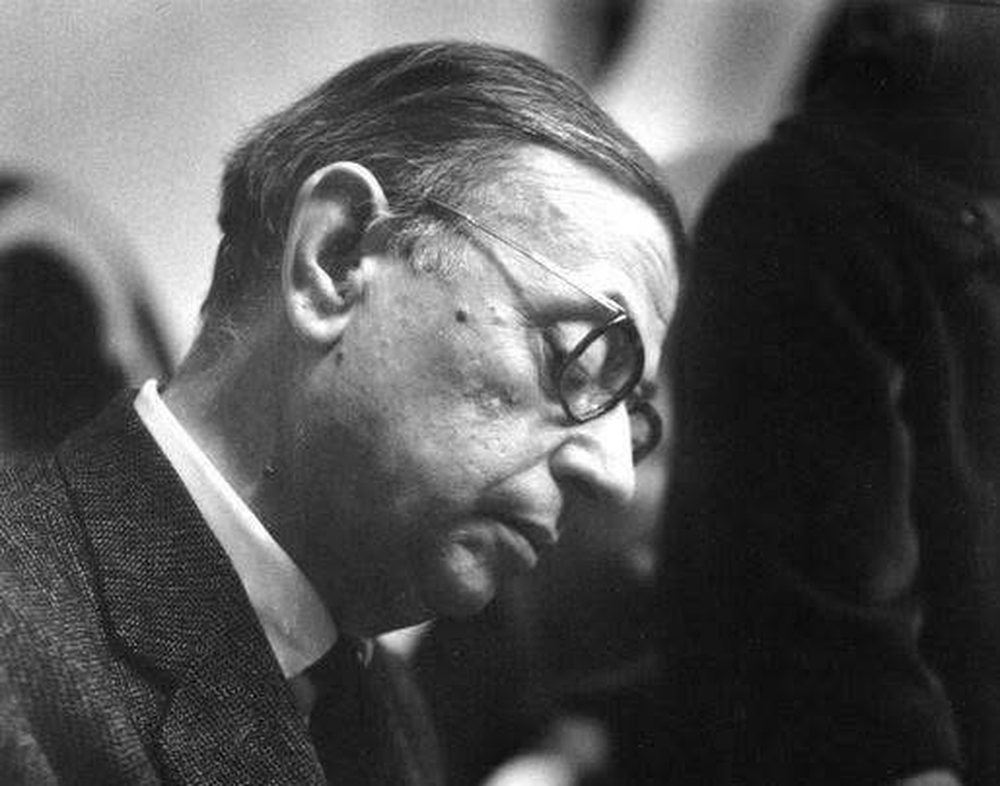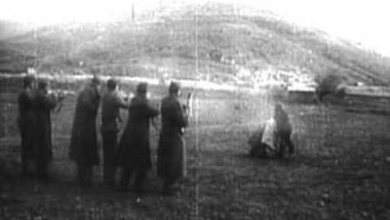
By George Erebara
Jean Paul Sartre was the first winner to voluntarily refuse the Nobel Prize in Literature. Sartre was announced winner in 1964, but stated that he had always refused official honors, such as a medal offered by the French government for his role as part of the resistance during World War II.
Decades later, Sartre's partner, Simone de Beauvoir, gave a slightly more complicated explanation for the refusal, when she described the Nobel award as some kind of conspiracy intended to portray Sartre as part of the elite, a respected writer despite his controversial political activity, who had only escaped a bomb attack two years earlier, supposedly because of his support for Algerian independence.
There has only been one other case of refusal, that of Boris Pasternak in 1958. In this case, the Russian writer refused after being "consulted" not to accept it by the Soviet authorities.
Sartre received the Nobel Prize with the motivation: "for his work which, rich in ideas and filled with the spirit of freedom and the search for truth, has exerted a far-reaching influence on our era."






















